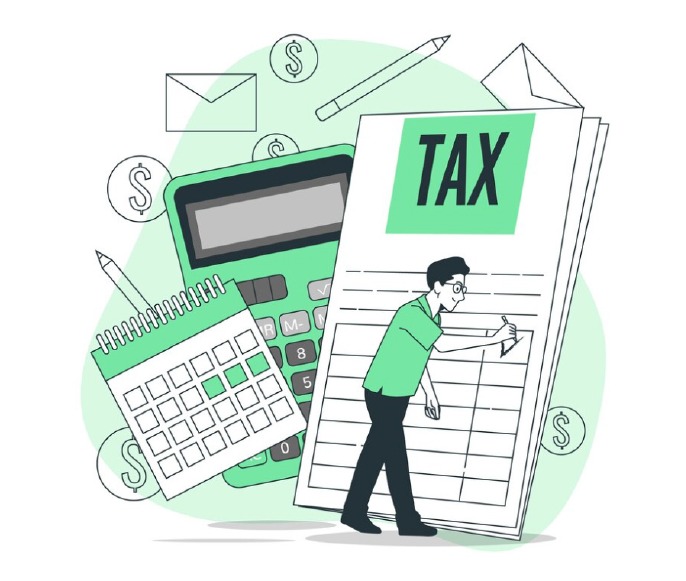Introduction to Windfall Tax
A windfall tax is a special tax levied by governments on businesses that earn extraordinarily high profits due to favourable economic conditions, often beyond their typical/normal earnings. These “windfall profits” typically arise from unforeseen market shifts or exceptional conditions that a business did not directly influence. Globally, windfall taxes have been applied mainly to sectors like oil and gas. For example, in Canada’s 2022 fiscal measures, a one-time 15% tax was imposed on banks and insurance companies for profits exceeding $1 billion.
Nigeria’s New Approach to Forex Gains
The Federal Government of Nigeria, via the Finance (Amendment) Bill 2024, is set to introduce a one-time windfall tax specifically targeting Foreign Exchange Gains/Profits of Nigerian Banks. This action comes in response to the Central Bank of Nigeria’s (CBN) policies aimed at exchange rate harmonization and inflation control, which led to the Naira’s significant devaluation. As a result, banks saw substantial profits from their foreign currency holdings, whereas businesses with substantial foreign currency liabilities faced considerable losses.
Essential Details of the Windfall Tax
- Purpose: The tax is designed to mitigate the budget deficit, ensure fair redistribution of unexpected bank profits, and contribute to capital infrastructure development.
- Tax Rate: The Bill proposes a 50% windfall tax on the realized profits of Nigerian banks from all foreign exchange (FX) transactions within the 2023 financial year. However, recent developments indicate that the tax rate could be increased to 70%.
- Collection and Timing: The tax will be collected by the Federal Inland Revenue Service (FIRS), targeting profits following CBN’s forex policy changes in 2023. It applies retroactively to the 2023 profits.
- Deferred Payment Options: Banks have the option to enter into a deferred payment agreement with the FIRS, which must be finalized by December 31, 2024.
- Non-compliance Penalty: Banks that fail to meet the tax payment or deferred payment agreement deadlines will incur a 10% penalty on the unpaid tax amount and interest at the CBN’s minimum rediscount rate.
Implications for Stakeholders
Government and Regulatory Bodies:
- Revenue Boost: This tax is expected to significantly increase government revenue, aiding in deficit reduction and funding essential infrastructure.
- Enhanced Fiscal Management: Effective tax implementation will require the development of precise assessment and collection mechanisms.
- Regulatory Challenges: Adjustments in legal and regulatory frameworks may be necessary to address the retrospective application of the tax.
Banks:
- Strategic Financial Planning: Banks must evaluate the impact of the windfall tax on their profits and adjust their financial strategies accordingly.
- Compliance Imperatives: Banks should improve their systems to track and report forex transactions accurately to comply with the new law and prevent penalties.
Economic Impact:
- Promoting Fairness: The tax aims to redistribute excessive profits fairly, particularly aiding sectors negatively affected by the forex fluctuations.
- Investor Confidence: While intended to stabilize economic disparities, the tax might influence investor perceptions of market stability and predictability in Nigeria.
Staying Informed
With the potential complexities of the new windfall tax, staying informed is crucial. SimmonsCooper Partners is committed to providing the latest updates and expert guidance to navigate these changes effectively. For more detailed advice or assistance, contact us at info@scp-law.com or visit our website at www.scp-law.com.





